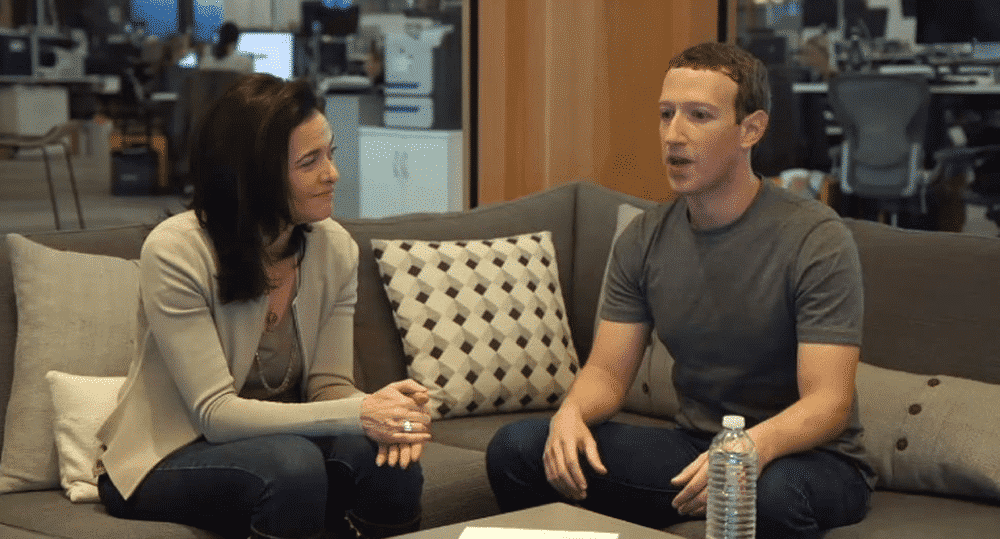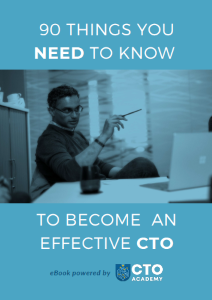‘We have two ears and one mouth,
so that we can listen twice as much as we speak’
– Epictetus
One consistent question that emerges during our coaching sessions with tech leaders from around the world, “How can I be more effective when conducting 1:1´s with my team?”
Elizabeth Grace Saunders, author of How to Invest Your Time Like Money says …
“One-on-ones are one of the most important productivity tools you have as a manager. They are where you can ask strategic questions such as, are we focused on the right things? And from a rapport point of view, they are how you show employees that you value them and care about them.”
Starting with the advice provided above by Epictetus, we asked our coaching network for some deeper insight on what makes an effective 1:1 session for tech leaders;
Like everything else in life, first impressions count and how you start your 1:1’s will help shape how successful they turn out.
The key to starting any session is to make your DR realise it’s about them, not about you or the company but them.
Keep it simple and open with something like … “tell me what’s important for you at the moment?” or “tell me your wins, losses and what you’ve learnt from each?”A couple of our coaches mentioned being inspired by Bill Campbell (Trillion-Dollar Coach) in starting each session very personally. Ask how they are doing and make notes of key personal information that will help prompt you to follow up during one of the following sessions … “one of my DR’s mentioned that his son had a passing out ceremony in 2 months so I kept a note and mentioned it as the start of a following session. Without that note I probably would have forgotten to mention it but that I did, had a big impact”
Conducting truly effective sessions with your DR’s needs cognitive agility but it’s fundamentally about people and having a genuine desire to help individuals in your team to articulate and negotiate short term concerns, as part of a long term plan.
It’s about helping them develop and grow for the business, for their role and most importantly, for themselves.
Fix a routine to avoid the sessions being seen as ad-hoc and squeezed into the few gaps in your diary.
A fixed schedule helps all parties prepare properly and avoid easy excuses for cancellation.
And whatever you do, avoid that last minute cancellation not least because it will give the impression you have more important things to do. Whilst it might be one of multiple sessions for you this week, it’s potentially the most important one for the person sitting opposite. Never overlook that fact.
Remember also that building good relationships doesn’t happen overnight, it’s about building trust and small steps leading to large gains.
In sporting parlance, it’s the aggregation of marginal gains.
By stating clear actions plans at the end of each session, you’re creating an agenda and a momentum for the next one. It also helps provide structure and avoids a meandering conversation.
Liaise in advance about the key points and priorities.
A rushed and poorly scheduled meeting can lead to important issues being missed and frustration about the effectiveness and point of that meeting.
And whilst you provide the structure, the reporting tools, the targets (maybe based around OKRs, KPIs etc.) it’s important to provide them with the autonomy of owning the core agenda.
If you are worried about them owning the agenda then have another look at your recruitment policy because you need to be building a team of experts who demand autonomy.
“We hire people to tell us what to do, not the other way round” – Steve Jobs
This moment matters to the other person. They might have spent a significant amount of time preparing and potentially worrying about this session.
So you need to be present throughout.
Avoid arriving distracted, fiddling with your mobile, finishing other calls or tasks.
Give that person in front of you 100% of your time and make them the only one in the world that matters to you at that precise moment.
If something else is genuinely impacting on your focus then be honest and admit it, maybe offer them the opportunity of delay or cancellation.
The level of detail you dive into will be dictated by the relationship and the regularity but it’s important to differentiate these sessions from your standard conversations or the annual appraisal.
It should be primarily about helping them focus on their growth and development. Try to avoid it being too much about the micro and the day-to-day.
“One agenda item I have with each DR is to ask ‘what escalation do you have for me and how can I support you to win?” – Sanjay Mistry, CTO Academy Coach
It’s also useful encouraging them to set up a process where in advance of the sessions they start detailing the key issues or problems they need to raise, to go through in their own mind any road blocks so the session can quickly dive deep and be as effective as possible.
An effective 1:1 isn’t just about that private session in isolation, it should be part of a wider culture of open, supportive and collaborative communication within the company.
If they arrive at each session with that wider culture and confidence behind them, then you’re onto an early winner.
It’s also not really the time or place to be giving them too much feedback, though channels and opportunities need to be created to do so. Feedback is generally best given after a specific event or situation and shouldn’t be stored up until some time later when details can be lost and it might be turned into a more attritional conversation.
If feedback is to be exchanged, then it should only be one way and that’s in your direction. Feedback about the role, the tasks, the company, your leadership. This is why it’s important they lead the agenda and that you have a culture of openness and confidence in providing constructive feedback.
If in any doubt about the impact of radical transparency, I recommend you read No Rules Rules about the leadership culture and performance impact at Netflix.
Read that book and you’ll never think of feedback in the same way again.
This clearly comes down to your individual demands and requirements so we plugged into some external expertise for guidance around this topic ….
“I recommend no less than a weekly 1:1 with every report for thirty minutes, and more time if needed. Even if you sit next to someone and see him every day. 1:1s let you discuss topics that may never come up otherwise” – Julie Zhuo, VP of Product Design at Facebook and author of The Making of a Manager.
Sticking with the facebook crowd, Mark Zuckerberg and Sheryl Sandberd have publicly stated they meet twice per week
“We’ve had this tradition where every week we start the week and end the week just meeting one-on-one together and reflect on everything that’s going on, giving each other feedback” said Zukerberg.
“We always know that we’re going to talk things through and we’re going to get on the same page. And when we’re not on the same page, we’re going to keep talking it through,” said Sandberg. “I do one-on-ones with the people working on my team, Mark does one-on-ones, and it reverses down. I think it’s helped the company a lot.”

Andy Gove, formerly of Intel and credited with being a key voice in the art of good management argued that the skill of creating and maintaining a business could be summed up in a single word: “managing.” And that’s precisely what frequent one-on-ones with your team empower you to do.
Gove says that a minimum of one hour is required because “anything less in my experience tends to make the subordinate confine himself to simple things that can be handled quickly. They must feel that there is enough time to broach and get into thorny issues”.
What is equally important as the duration of each session, is to try and build downtime around the meeting schedule that enables you to prepare and absorb effectively.
How much have we needed to celebrate every small win in 2020 but it’s a principle you need to take into these 1:1 sessions.
Make sure you spot and acknowledge their achievements and particularly when set against the longer term objectives you’re both heading towards.
Use that celebration to help reflect on their journey, potentially for both of you because most effective relationships are about the benefits of mutual learning.
With A Smile.
With An Action Plan.
With A Confirmation Of Next Meeting.
We Conclude With An Action Plan and 11 Steps Towards Effective 1:1 Sessions

90 Things You Need To Know To Become an Effective CTO

London
2nd Floor, 20 St Thomas St, SE1 9RS
Copyright © 2024 - CTO Academy Ltd